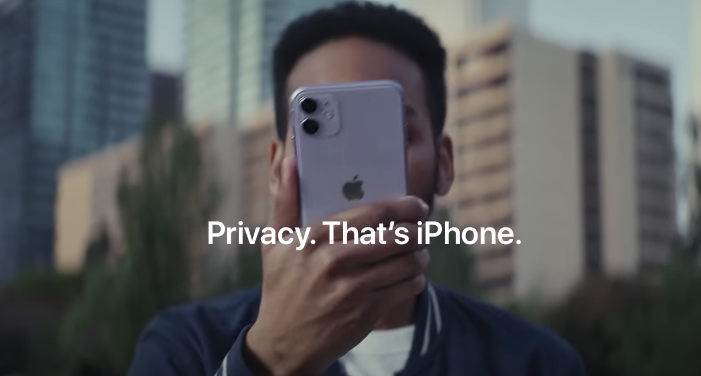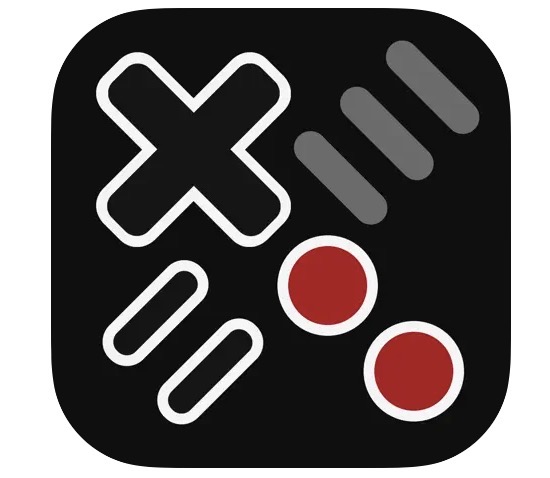
iPhone App Privacy Just Slightly Better than Android, Says Oxford Study

Even though Apple champions privacy as one of the biggest selling points of the iPhone, a recent in-depth study from the University of Oxford examined 24,000 apps from Apple’s App Store and Google Play to conclude that the iPhone provides the same level of app privacy as Android, with “broad” third-party tracking rampant on both platforms — reports CPO Magazine.
In fact, the study found that iOS was actually worse at preventing apps from acquiring the location data of minors.
The study was conducted on apps available on both platforms in 2020, and so does not take into account any improvements made by the ‘AppTrackingTransparency’ framework Apple introduced with iOS 14.5 (or the new privacy features built-in to iOS 15).
However, that shouldn’t particularly skew the results against Apple, as recent studies have found that iOS apps are still tracking users — they’re just using ‘device fingerprinting’ to do it instead of Apple’s unique device Identifier for Advertisers (IDFA).
Apple’s “walled garden” approach to not only iOS but the App Store and Apple’s ecosystem as a whole, is supposedly put in place to guarantee better user privacy than the competition, but it doesn’t really seem to be working.
The study found that user privacy violations are “widespread” in apps on Android and iOS, adding that “potential violations of U.S., EU and U.K. privacy law” can be found readily on both platforms.
Even before Apple implemented its ‘AppTrackingTransparency’ framework, the iPhone maker had reinforced its App Review process to be more stringent and thorough, and even banned third-party tracking in children’s apps. It doesn’t look like any of those measures were particularly effective, though.
The study examined 12,000 apps from each platform, finding that 88% of Android apps 79% of iOS apps contained at least one known user tracking library, and 3% of apps on both platforms contained more than 10.
The study also concluded that while Android apps request more permissions from users than their iOS counterparts, iOS apps are more likely to request cross-platform permissions, which are much more of a threat to user data and privacy.
While Apple does come out slightly ahead in the numbers game, a slight lead over Android in app privacy isn’t exactly what Apple claims to be a purveyor of. When consumers buy into Apple’s ecosystem, they expect airtight security — not a close call against Android for who provides better privacy.

